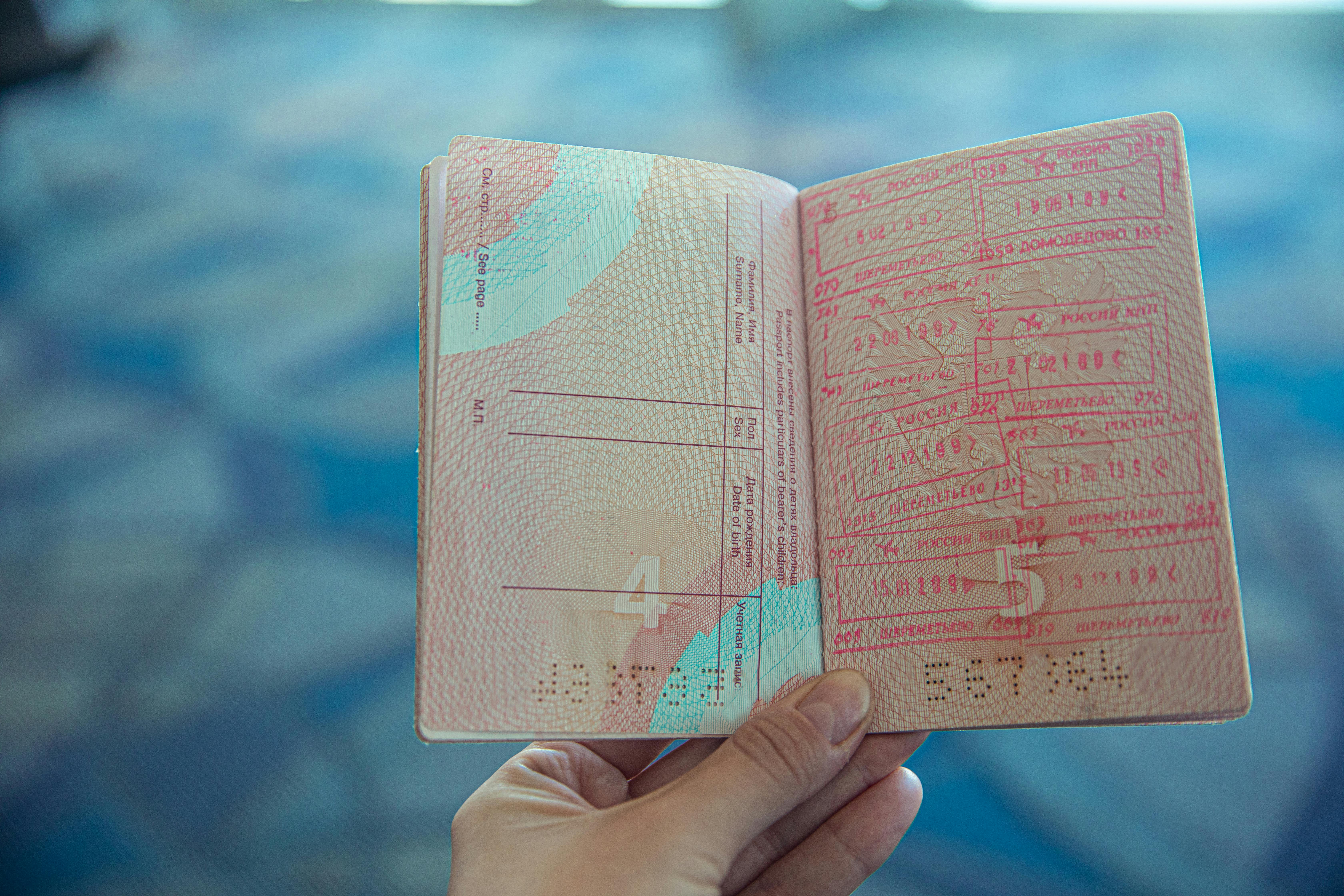
Introduction
The US Embassy in India has implemented new guidelines for non-resident visa seekers that highlight the importance of transparency in the visa application process. Recent updates reveal that all applicants must now disclose their social media handles from the past five years on the DS-160 application form. This requirement serves as a significant reminder of the evolving landscape of immigration policies and the necessity for individuals to embrace honesty when applying for a US visa.
What Does the Rule Say?
The updated guidelines mandate that applicants report all usernames and social media handles used on various platforms:
- X (formerly Twitter)
- TikTok
- YouTube
This requirement encompasses both active and inactive accounts, underscoring that even those profiles not recently utilized must be included if they were created or used within the last five years.
The purpose of gathering this information is rooted in the US government’s commitment to national security, aimed at ensuring comprehensive transparency and evaluating potential threats presented by visa applicants.
Consequences of Non-Disclosure
Failing to reveal your social media accounts could result in serious repercussions. The consequences include:
- Immediate visa denial
- Extended processing times due to additional scrutiny
- Potentially jeopardizing future visa applications
Moreover, any intentional omission may be regarded as providing false information, which could severely impact your eligibility for future American visits. The implications of misrepresenting your social media presence cannot be overstated.
Why Collect Social Media Information?
The collection of this data is a strategic move by the US Department of State, aimed at bolstering national security initiatives. Officials assert that social media activity can significantly aid in verifying an applicant’s identity and in recognizing patterns that may pose security threats. This practice aligns with a global trend in which immigration and border control authorities leverage publicly available online data for background checks and vetting procedures.
Steps for Applicants
If you are currently preparing to apply for a US visa, consider the following steps to ensure compliance with the new requirements:
- Review all social media accounts that you have accessed in the past five years.
- Compile a comprehensive list of usernames as they appear on these platforms.
- Include all accounts, even those with minimal activity; remember that no account is too trivial to report.
- Be upfront and transparent; it is always better to disclose an account than to omit it.
Final Thoughts
This new policy serves as a vital reminder for Indian visa seekers and all travelers aiming to enter the US. In our intricate digital age, your online presence is an integral part of your identity. To facilitate a smooth visa application process, it’s imperative to approach the completion of the DS-160 form with honesty and openness.
For students, professionals, tourists, and frequent travelers, adhering to these disclosure requirements is mandatory and represents a critical step toward obtaining visa approval. It’s crucial to stay informed by following updates from reliable embassy sources, ensuring that your application is both complete and truthful.
Lastly, staying updated with visa news and technology policies is essential for travelers and applicants alike. Being proactive about understanding and complying with immigration rules will lead to a more efficient and successful application experience.
